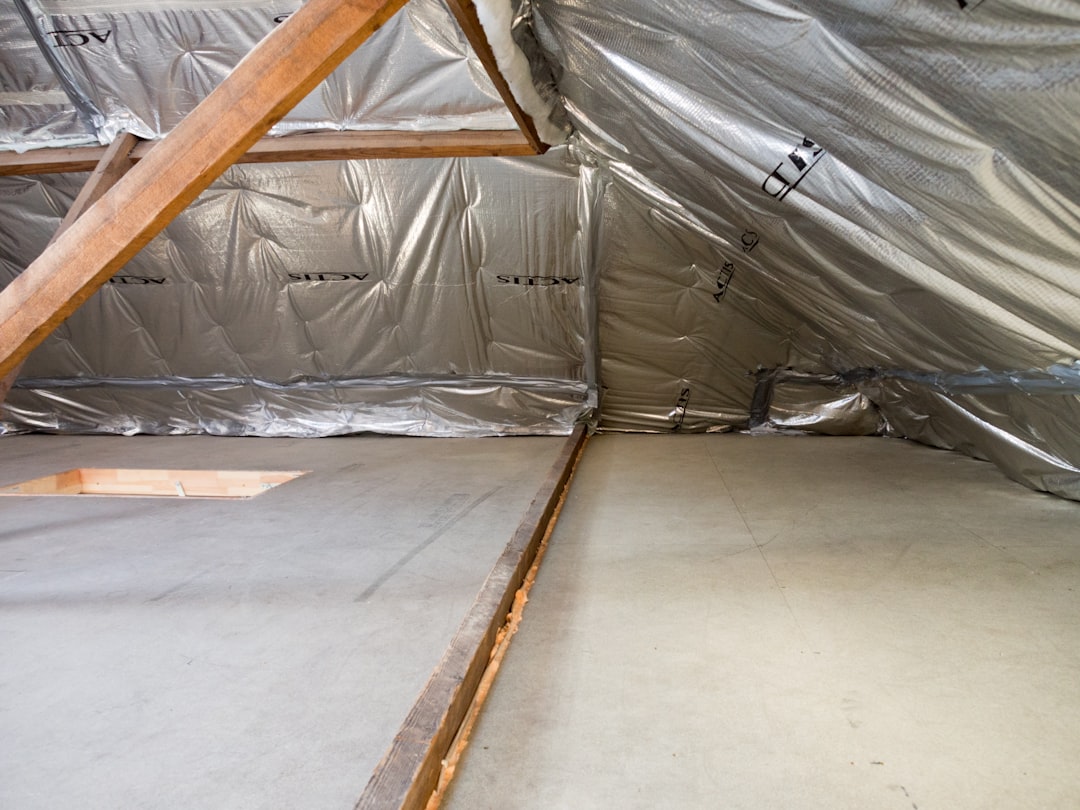
In Dallas, where summer temperatures can exceed 100°F and winter nights can drop near freezing, effective attic insulation is crucial for maintaining energy efficiency. Proper insulation can save up to 30% on annual utility bills. Current installation costs range from $1,263–$1,442 depending on the insulation type and attic size.
The International Energy Conservation Code recommends an R-38 insulation level for attics in North Texas. Many older homes fall short of this standard, often averaging R-19. Upgrading to R-38 can significantly improve energy efficiency and comfort.
Trade professionals can choose from various insulation types, each offering unique benefits.
Cost-effective and suitable for standard joist bays. Pre-cutting reduces waste and labor.
Eco-friendly and fire-retardant, ideal for irregular cavities. AI calculators adjust material needs in real-time.
Premium choice for converting vented attics into conditioned spaces, offering high R-value per inch.
Utility rebates and tax credits can cover up to 25% of project costs. Insulating a typical 2,400 ft² home to R-38 can save approximately $480 annually, with most investments recouped in three years.
Infrared scans and optional duct-leakage tests verify installation quality and efficiency.

The Harris family upgraded their attic insulation to R-38, reducing energy costs by 32%. The project cost $3,980 after rebates, with projected annual savings of $525.
AI-driven estimates and supplier APIs ensure accurate material counts and stable pricing, enhancing project efficiency and client satisfaction.
“The infrared photos proved every cavity was filled. CountBricks turned what I expected to be a week-long hassle into a one-day upgrade.” – Lisa Harris
Ready to enhance your attic insulation? Visit CountBricks.com to schedule a virtual assessment and receive a detailed proposal.